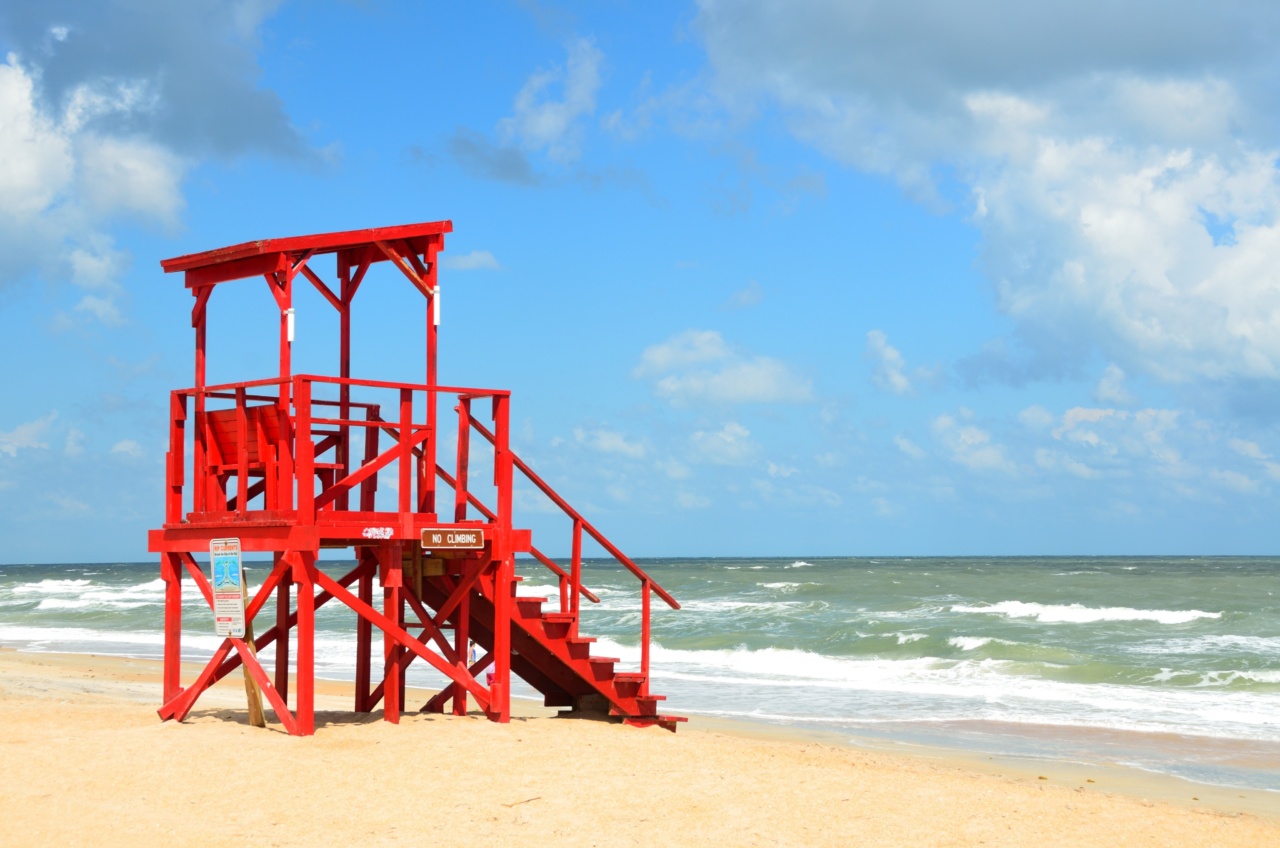Going to the beach or spending time near any body of water can be a fun and enjoyable experience. However, it is important to prioritize your safety, including taking care of your ears.
Whether you are swimming, surfing, or participating in any water-related activities, this article provides essential tips for ear and sea safety to ensure a pleasant and worry-free experience.
1. Protect Your Ears with Earplugs
When engaging in water activities, particularly in open water bodies like the sea, it is crucial to protect your ears from water entering them.
Wearing earplugs can prevent water from flowing into your ear canals, reducing the risk of developing swimmer’s ear or other ear infections. These infections can be painful and may require medical attention.
2. Dry Your Ears After Swimming
After swimming or being immersed in water, make sure to dry your ears thoroughly. Use a clean towel and gently pat your ears dry, avoiding any rubbing or inserting the towel into your ear canal.
Moisture in the ears can promote bacterial growth, leading to ear infections. Ensure that your ears are completely dry before leaving the beach or poolside.
3. Avoid Forceful Water Entry into the Ears
Avoid jumping into the water forcefully or diving headfirst. Forceful water entry can push water into your ear canals, increasing the chances of water-related ear problems.
Instead, ease yourself into the water gradually, allowing your body to adjust and minimize the chances of water forcefully entering your ears.
4. Keep Your Ears Clean
Regularly clean your ears, but remember to do so gently. The buildup of excessive earwax can cause discomfort and affect your hearing.
Use a soft cloth or a washcloth to clean the outer part of your ears, and avoid inserting cotton swabs or any other objects into your ear canals. If you feel that earwax is causing hearing difficulties or discomfort, consult a healthcare professional.
5. Use Ear Drops
If you frequently visit the beach or engage in water activities, it may be beneficial to use ear drops. Ear drops help to prevent dryness and reduce the risk of infections.
These drops can help maintain the natural moisture in your ears and create a protective barrier against water. However, it is important to consult with a healthcare professional before using any ear drops to ensure they are suitable for your specific situation.
6. Wear a Swimming Cap
Wearing a swimming cap while swimming or participating in water sports can provide added protection for your ears. The cap can help keep your ears dry and prevent water from entering them.
It forms a barrier between your ears and the water, reducing the risk of water-related ear problems.
7. Avoid Using Sharp Objects
When near the water, avoid using sharp objects such as hairpins, toothpicks, or keys to scratch your ears or remove any debris. Using such objects may cause injury to your ear canal or eardrum, leading to severe complications.
Instead, use your finger and a gentle touch or consult a healthcare professional if you experience discomfort or a foreign body sensation in your ears.
8. Be Cautious about Noise Levels
Excessive exposure to loud noise can damage your hearing, both in and out of the water. When participating in water activities that involve noisy motorized equipment, such as jet skis or speedboats, make sure to wear appropriate ear protection.
Additionally, avoid playing music or using headphones at high volumes while in the water, as the combination of water and loud sounds can be harmful to your ears.
9. Be Wary of Sea Creatures
While swimming or exploring the sea, be cautious of sea creatures that may harm or cause discomfort to your ears. Some sea creatures, such as jellyfish or certain species of fish, can sting or bite, leading to painful ear injuries.
Familiarize yourself with the local marine life and follow local guidelines to minimize the risk of encounters with potentially dangerous creatures.
10. Learn and Follow Water Safety Rules
Lastly, but most importantly, always follow water safety rules and regulations. These rules are designed to keep you safe in and around the water.
Whether it’s understanding the flags and warning signs at the beach, swimming in designated areas, or knowing the emergency procedures, being well-informed about water safety guidelines will help ensure a safe and enjoyable experience.



























